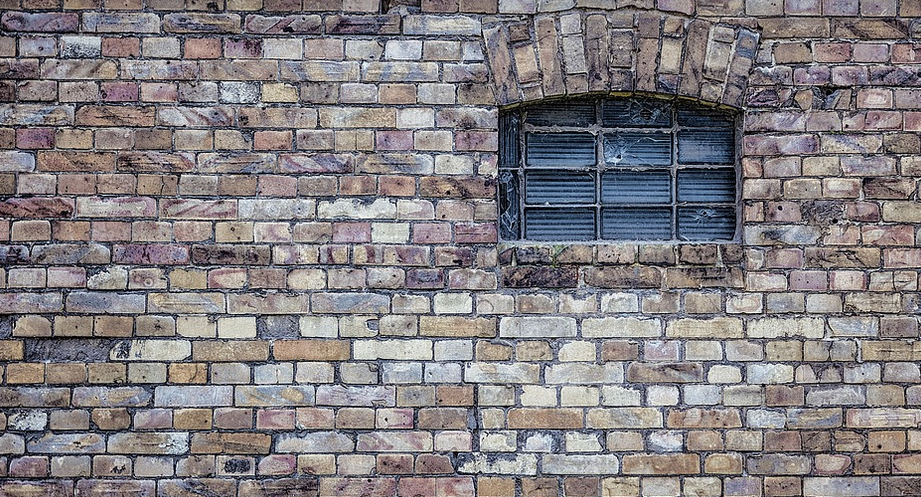Understanding the Importance of Roof Pitch
Your mobile home roof is more than just a decorative element; it’s the shield that protects you from the elements. And when we talk about “protection,” we’re not just talking about keeping rain and snow off your head. We’re talking about creating a well-structured environment where your home can breathe, dry out in the summer, and stay warm in the winter.
The roof pitch is an important factor that plays a crucial role in how effectively your mobile home stays comfortable throughout the year.
What is Roof Pitch?
Roof pitch refers to the angle of incline of your mobile home’s roof. It’s measured in degrees, with a steeper pitch meaning the roof rises faster from side to side.
The general rule for optimal comfort is a moderate roof pitch. This typically ranges between 4:12 or 6:12. A lower pitch (e.g., 3:12) means your mobile home will generally have more snow accumulation and may lead to ice dams, which can cause water damage over time.
A steeper pitch (like a 7:12) is often seen on modern mobile homes in warmer climates as it allows for improved ventilation, leading to better weather protection.
The Benefits of the Right Roof Pitch
Choosing a roof pitch that’s right for your needs can make a world of difference. Here’s why:
* **Improved Drainage:** A proper roof pitch ensures water flows away from your mobile home, preventing leaks and mold growth.
**Better Ventilation:** The angle of the roof allows air to circulate more easily, which helps keep your home cool in the summer and warm in the winter.
* **Snow Removal:** A steeper pitch can help prevent snow buildup, making snow removal easier and less likely to damage your roof over time.
* **Energy Efficiency:** The right pitch helps regulate temperature and humidity, keeping your mobile home more comfortable year-round.
Getting the Right Pitch for Your Mobile Home
Finding the right pitch for your mobile home is an iterative process that may require a bit of trial and error. Here are some things to consider:
* **Local Climate:** If you live in a place with harsh weather, like heavy snow, a steeper pitch will help prevent ice dams, while if it’s more arid, you might prefer a shallower pitch.
Consider your local climate and the potential environmental factors. For example, if you’re in an area prone to hurricanes, consider choosing a roof pitch that can withstand high winds effectively.
* **Building Codes:** Ensure your chosen pitch meets local building codes for safety and structural integrity. **Pro Tip:** Consult with a reputable roofing contractor; they will be able to assess the conditions on your mobile home and guide you on the ideal roof pitch for optimal protection.
The Importance of Roof Maintenance
A well-maintained roof is crucial not just for a comfortable mobile home but also for its longevity. Here’s how to keep it in good condition:
* **Regular Inspections:** Schedule regular inspections with your roofing contractor to identify any potential issues, such as leaks or damage from severe weather.
**Thorough Cleaning:** You can remove debris and leaves from your roof to prevent clogging gutters and drainage problems. This will also help you spot any cracks in the roofing material early on.
* **Prompt Repairs:** Address any small issues immediately, as they could turn into bigger problems if left unattended.
*** Please let me know if you’d like to explore other aspects of mobile home construction or have any further questions! I am ready to help you build a comfortable and stylish home.
